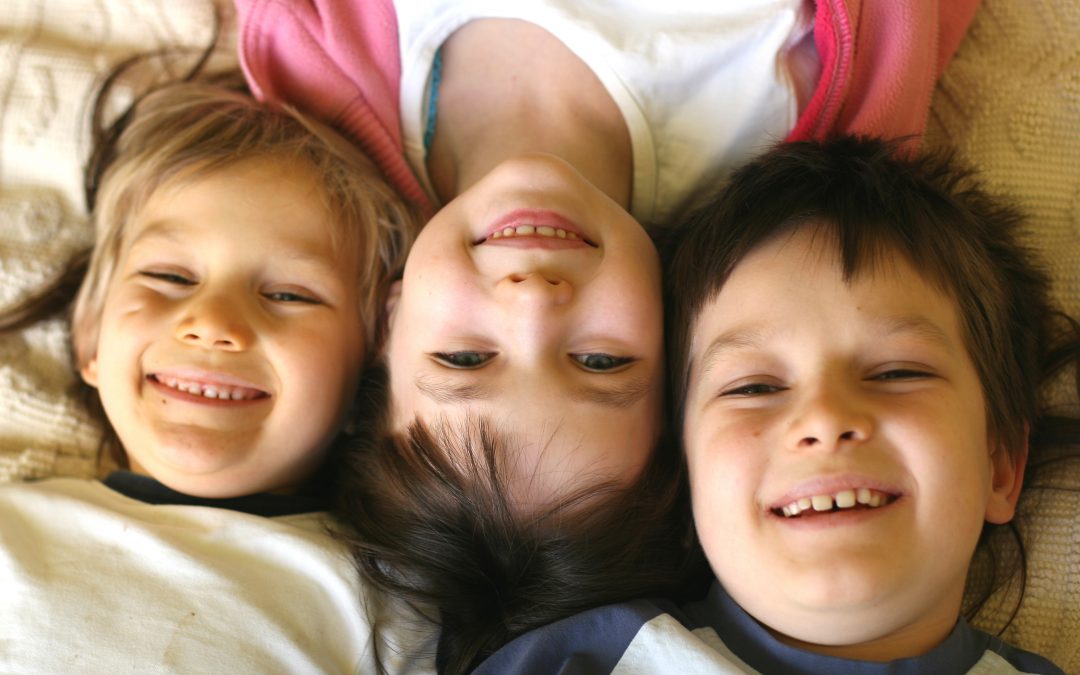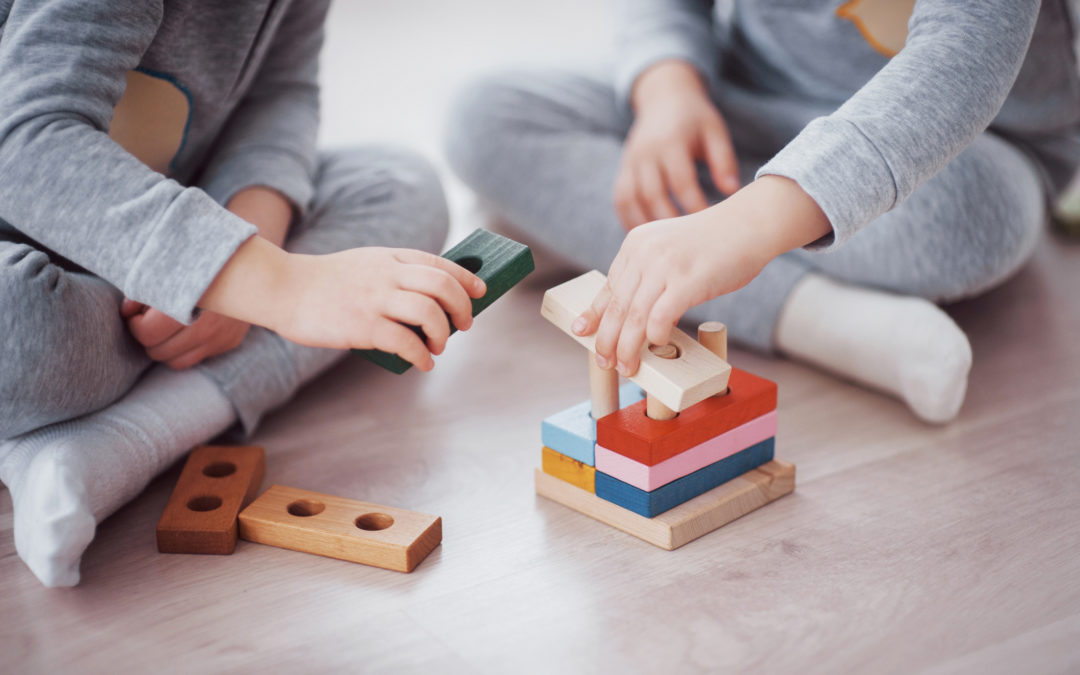It’s hard to believe it is two years since Stand Up For Siblings was launched in March 2018. We had just recovered from ‘Beast from the East’ when partners from across public, private and the third sector came together for our launch at the University of Strathclyde.
Stand Up For Siblings is a unique and diverse partnership, but we all have one common goal – to improve contact and support for siblings in the care system in Scotland.
It has been an incredible 24 months. Our first anniversary was marked with a very welcome announcement by the Minister for Children and Young People, Maree Todd MSP. She announced plans to make improvements to the law for brothers and sisters who are in the care system. The law is to be strengthened in relation to keeping brothers and sisters together when they are placed in local authority care when it is in their interest to do so, and, where they are separated, ensuring their relationships are supported and they can keep in touch.
This was an amazing way to celebrate our first anniversary as this was one of our top asks!
Then in November 2019, we received an early Christmas present as Stand Up For Siblings won the prestigious Herald Society Partnership Award. It was a great boost for the partnership and for everyone who has contributed to our work so far. We are thrilled that membership of and support for the SUFS coalition keeps growing, allowing us to widen our reach and – we hope – spur conversations and changes to support siblings in care across Scotland and beyond.
Our focus continues to develop, and in January 2020, we launched our reworked ‘Seven Steps to Sibling Relationships’. The Seven Steps aim to provide a road map to everyone working to stop sibling estrangement when children become involved with the care system. We have had some really positive feedback from partners about these and thank you to everyone who has committed to play their part in implementing the Seven Steps.
Since then, we have had publication of the Independent Care Review. We were delighted to see that the Review put siblings firmly at the heart of what changes need to be made in the care system. We were honoured to be represented on the Care Review’s Siblings Group which helped shape the recommendations and we look forward to working with the Review’s implementation team.
Going forward, we will continue to make sure that sibling relationships are top of the policy agenda in Scotland and that children’s views are heard. We will continue to support duties on maintaining sibling relationships and children being placed together becoming established in practice through the Children (Scotland) Bill and Scottish Government’s Family Justice Modernisation Strategy (we set out our detailed views on the proposed legal changes in November here).
This is an exciting time for real change to support brothers and sisters in care in Scotland.





